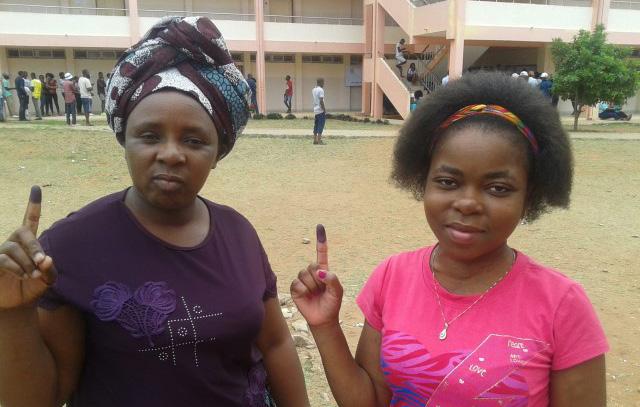Social Media: A Double-edged Sword Gift Mambipiri Before 1991 professional journalists – men and women who were trained in the art of communication - were the ‘sole traders’ in news and information. And the world each morning drank from their calabash. The information revolution set in with the onset of the telegraph, and then the telephone, followed by Radio and Television, which allowed for more ears and eyes to get information at speeds never seen before. The arrival and opening up to the public of the Internet in 1991 was a real game changer. Since then new and exciting social media platforms like Facebook, Twitter, Instagram, YouTube, Skype and WhatsApp have became everyday tools for personalized and efficient communication. Today, social media usage is one of the most popular online activities the world over. In 2020, an estimated 3.6 billion people reportedly use social media, globally, out of a world population of 7.8 billion people. This year, the global number of Facebook users is expected to reach 1.69 billion, a sharp rise from a mere 1.34 million users in 2014. If Facebook was a country, it would be having more people today than the current world most populous country, China (1.3b) or Africa as a continent, which is home to 1.2 billion people. Zimbabwe has not been left behind in embracing social media as a tool for everyday communication. More than half the Zimbabwean adult population has access to the Internet, through which they access social media pages. On average, human beings spend two and half-hours
daily on social media, proving that social media is an inseparable part of our everyday lives. It is always there, from the moment we wake up until we fall asleep with our phone in hand.
The social media connection has been both liberating and disruptive. It is liberating in the sense that almost anyone with a voice has found a channel through which they could express themselves, and reach thousands of people. This was not possible with the bottlenecks of the old traditional media. The powerful men of our days are daily in contact with the commoners of this world. And with everyone trying to observe ‘social distancing’ during these COVID 19 moments, it is social media that has kept families, neighbours, and workmates in touch. Schools, businesses and churches have remained open and in relative progress and production mode, thanks to social media platforms. Mukai - Vukani No.78 | October 2020 |
The youths in particular have seen social media as a blessing. Many of the challenges facing this current generation of contemporary youth are certainly transnational in character. Growing up in the neoliberal global economy, their futures have become bound-up with the baggage of previous generations: a legacy of climate change, the politics of fear, precarious employment opportunities, and austerity cuts in state support, to name the most obvious. Yet many national and local media fail to adequately address the problems confronting these young citizens. Faced with an impoverished public sphere that all too often restricts the pluralistic expression of diverse interests, and instead favours the voices of the most powerful groups in their societies, many young citizens have sought alternative digital channels to find expression for their discontent. In this way, social media has become the communicative tool of choice for many young citizens to express their indignation and sense of
20










